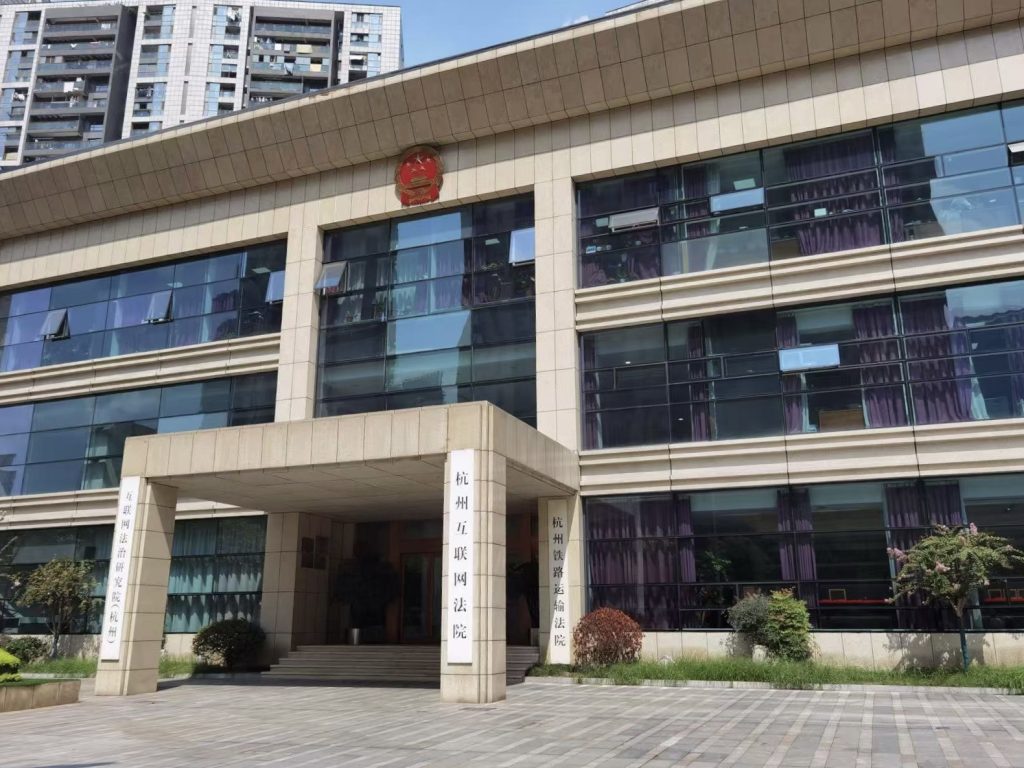A new paper by Tianhao Chen, Wei Xu and Jing Zhao

This paper explores the significant yet often overlooked role of local courts in shaping public policy, particularly within the context of China’s rapidly evolving economic landscape. While much of the existing literature on courts activity in policy making has focused on the Constitutional Court and the Supreme Court—highlighting their top-down influence through constitutional and legal interpretations—our study shifts the focus to the bottom-up contributions of local courts.
We propose that local courts function as “policy information discoverers” in the policy making process. Acting as passive recipients of a wide range of practical disputes, local courts engage deeply with evidence-based information during their daily operations. This engagement allows them to gather information on recurring issues in society and communicate critical insights to policymakers. The role of local courts becomes increasingly significant in today’s context of rapid economic and social change driven by the fast-paced evolution of digital technologies and emerging industries. These dynamics often leave governments struggling to comprehensively obtain information necessary for effective decision-making.
Our paper identifies three key mechanisms through which local courts uncover valuable policy information: collecting, scanning, and extracting.
- Collecting: Local courts serve as platforms for diverse voices, providing accessible dispute resolution avenues for individuals and groups that might otherwise struggle to participate in the policymaking process. This inclusivity helps foster a more balanced and informed policy environment.
- Scanning: The extensive trial activities conducted by local courts position them as vital information scanners. Insights gained from extreme or landmark cases can assist policymakers in understanding the boundaries and implications of public policy, particularly in complex and evolving areas.
- Extracting: Through the rigorous examination of opposing claims and evidence-based trials, local courts can distill potential policy alternatives. This extraction process enables a more nuanced understanding of policy challenges and opportunities.

To illustrate these mechanisms, we analyze six cases adjudicated by local courts in China, focusing on emerging industries. These cases address crucial public policy issues such as platform liability, privacy protection, and data ownership, each of which presents distinct information challenges, including biased information sources, unclear identification boundaries, and a lack of feasible alternatives. Our data sources encompass court decisions and interviews conducted from July 2020 to January 2021 with a range of stakeholders, including three legislators, 14 judges, and 11 government officials.
By highlighting the role of local courts as active participants in the policy information landscape, our study aims to provide a more comprehensive understanding of the intricate dynamics between judicial actions and public policy formulation in China. This perspective not only enriches the existing literature but also underscores the importance of local judicial systems in addressing contemporary policy challenges.
The paper titled “The Court as a Policy Information Discoverer: Evidence from China’s Emerging Industries” was published in China Law and Society Review, 2024. Tianhao Chen is an associate professor at the School of Public Policy and Management at Tsinghua University, specializing in public administration and law, administrative law, public contract law, judicial governance, and technology ethics. His research has been published in esteemed journals such as The China Quarterly, The American Review of Public Administration, China Law & Society Review, and the Chinese Journal of Law (法学研究). He can be reached at chentianhao@mail.tsinghua.edu.cn.
Wei Xu is a PhD candidate at the School of Public Policy and Management at Tsinghua University, focusing on platform regulation, judicial governance, public administration and law. Her work has appeared in notable publications, including The China Quarterly, The American Review of Public Administration, and China Law & Society Review. Her email is xuw20@mails.tsinghua.edu.cn.
Jing Zhao (corresponding author) is an associate professor at the School of Public Policy and Management at Tsinghua University. Her research interests include policy process theory, new economic governance and industrial policy, as well as environmental governance and regulatory practices. Her work has been featured in journals such as Public Administration, Policy Studies Journal, and the Social Science in China (中国社会科学). She can be contacted at jingzhao09@tsinghua.edu.cn.
